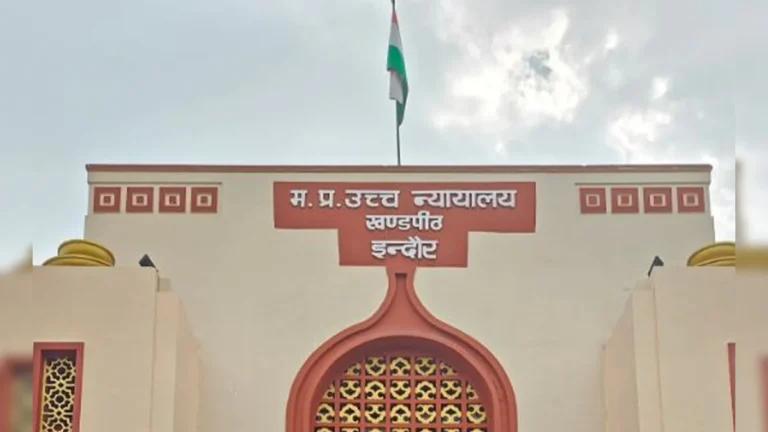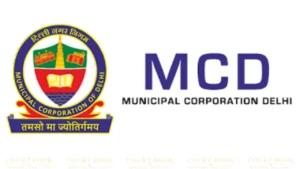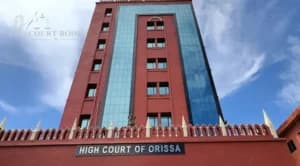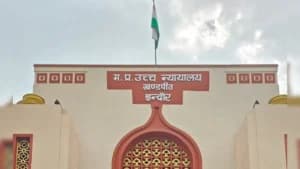The Madhya Pradesh High Court, in a recent judgment delivered on June 16, 2025, by Justice Pranay Verma, dismissed a writ petition filed under Article 226 of the Constitution by Advocate Ashok Airen. The petitioner had sought directions for payment of his professional fees for legal services rendered to the State Agricultural Marketing Board and Mandi Samiti since 2017.
The petitioner, represented by Senior Advocate Ashok Kumar Sethi, argued that despite multiple reminders, his dues were pending, especially during the COVID-19 pandemic. He requested the court to instruct the respondents to release the payments and also sought the cost of the petition.
Read Also:- MP High Court Grants Bail to Lecturer Accused of Circulating Sensitive WhatsApp Content
However, respondents, represented by Advocate Abhinav Dhanodkar, raised a preliminary objection questioning the maintainability of the writ petition. They contended that the dispute arose out of a contractual obligation, and the correct forum for seeking remedy was a civil court, not a constitutional one.
“A writ petition would not lie for recovery of amount of remuneration of an Advocate under a contract. The relationship between an Advocate and his client is certainly a contract, hence this writ petition for recovery of the fees bill would not be maintainable,”
— Justice Pranay Verma, MP High Court
Read Also:- MP High Court Upholds CEO’s Authority to Withdraw Sarpanch’s Financial Powers in Corruption Case
The High Court referred to several Supreme Court judgments to support its view. In Improvement Trust, Ropar v. S. Tejinder Singh Gujral [1995 SUPP (4) SCC 577], the Apex Court explicitly ruled that no writ petition can be entertained for recovery of an amount under a contract and there is no separate law for advocates. Similarly, in New India Assurance Co. Ltd. v. A.K. Saxena [2004 (1) SCC 117], it was held that disputes about unpaid legal fees involve disputed questions of fact, which cannot be adjudicated in writ jurisdiction.
The court also discussed Vijay Kumar Shukla v. State of Uttar Pradesh, where it was questioned whether even a petition under Article 32 for fee recovery by an advocate should be entertained, particularly when the entitlement itself was contested.
In response, the petitioner had relied on judgments including Government of Tamil Nadu v. R. Thillaivillalan, Ms. A. Ch. Vedavani v. State of Andhra Pradesh, and Mathew B. Kurian v. National Council for Teacher Education. However, the court clarified that these cases either did not consider relevant Supreme Court decisions or did not directly deal with the maintainability of a writ petition for recovery of legal fees.
“The judgments relied upon by learned counsel for the petitioner hence do not help him in any manner,”
— Justice Pranay Verma noted in the ruling.
Concluding the matter, the High Court held that since the advocate-client relationship is fundamentally contractual, any dispute regarding unpaid fees should be taken to a civil court. The writ petition was thus dismissed.
Case Title: Ashok Airen vs. Farmer Welfare and Agriculture Department & Others
Writ Petition No. 14594 of 2020















